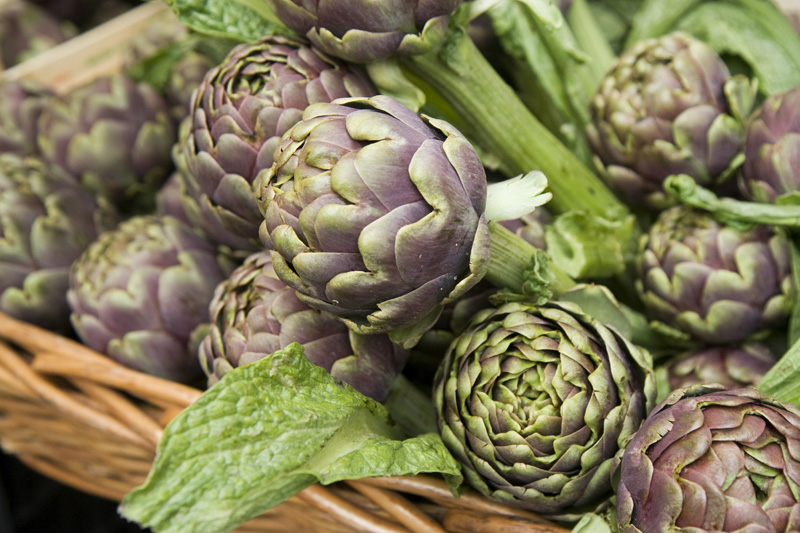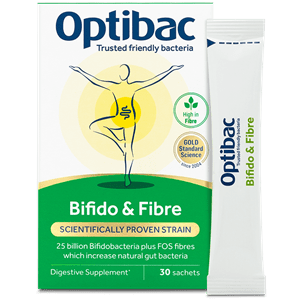- About Us
-
Help
Free 1:1 supplement advice
Not sure which supplement is right for you? Book a free, 15 minute telephone call with one of our nutritional experts.
Book your free consultationGet in touch (Mon to Fri, 9am - 5pm)
Customer Service: +44 (0) 1264 339 770
Order Enquiries: +44 (0) 1264 363 193
Contact us - Stockists
You are on the UK site
Hello US customer, you are currently shopping on the UK site. To ensure you are charged in the correct currency and receive accurate shipping costs, please switch to the US website and re-add your product to your basket.
You're away from FREE UK delivery Free UK delivery (applied at checkout) on orders over £10.00
You have qualified for Free UK delivery
Added Nutrients
What is FOS?
FOS is short for Fructooligosaccharides, they are very beneficial to our digestive health and are all the rage. But what is FOS and what are the benefits of taking it? In this article we will discuss all this and more, so, let’s begin…
FOS is a form of soluble fibre (a water-soluble carbohydrate), that our bacteria feed on. They are naturally occurring in plant foods such as fruits, vegetables, whole grains and legumes. FOS fibres cannot be digested by us as humans, instead, they selectively feed and encourage the growth of beneficial species already living within our gut.
In this article we will look at:
- What is FOS?
- What are the different types of FOS?
- What does FOS do?
- Examples of FOS
- Where does FOS occurs in foods?
- Which supplements contain FOS?
- Does FOS have any side effects?
What is FOS?
FOS is a food and energy source for our resident gut bacteria. Interestingly as humans, we cannot digest these FOS fibres fully, but our gut bacteria can and they rely on these fibres from our diet as food. Did you know that our gut bacteria feed on fibre-rich foods and as a result, natural gut bacteria is increased?
What are the different types of FOS?
FOS can be isolated from many different sources and are usually found among soluble fibres. Different types of FOS, are derived from various food sources, for example; sucrose (from sugar beet) or extracted from the inulin in chicory roots. A question we often get asked is ‘What is inulin FOS?’ Interestingly, both inulin and sugar beet stimulate the intestinal flora, without leading to a rise in serum glucose levels.
What does FOS do?
We have talked about the different types of FOS, but what is the meaning of FOS and what does it do?
FOS is a food and energy source for our resident gut bacteria and selectively feeds our beneficial bacteria. Our good bacteria feed on FOS, and as a consequence, this promotes the rapid multiplication of health-promoting bacteria4. FOS is very interesting in that it is only partially digested by us as humans, the undigested FOS travels down through the intestine where it supplies our resident gut bacteria with a food source. As a result, these bacteria then produce what’s known as short-chain fatty acids (SCFA'S), which are the primary fuel source for the cells of our colon. These short-chain fatty acids can also manufacture vitamins1.
What is an example of FOS?
A good example of FOS, is that which comes from beet sugar, a process which takes place which converts the beet sugar into FOS. Interestingly the end-product does not contain any sugar and the FOS is not broken down in the gut and absorbed as glucose, instead, it is used in the gut for the friendly bacteria to feed on, our bacteria then produce short-chain fatty acids which are important for our colon health.
Where does FOS occur in foods?
FOS naturally occurs in some plant foods, interestingly, it is also naturally occurring in human breast milk. In fact to provide the naturally occurring FOS fibres, rich in breast milk, (FOS & GOS) are added into formula milk to compensate for the lack of oligosaccharides in cow’s milk. In attempts to mimic the properties of human breast milk.2
You can also find It in the following foods:
- Bananas (especially green bananas)
- Chicory
- Soybeans
- Asparagus
- Aubergine
- Peas
- Lentils
- Oats
- Barley
- Dandelion leaves
- Onion
- Leeks
- Garlic
- Jerusalem Artichokes
- Potatoes

Which supplements contain FOS?
Many live bacteria supplements, have now added FOS powder. This is because it is not enough to eat a healthy diet, rich in plant foods. Studies show we may need up to 3-5 grams of FOS fibres every single day to benefit from their therapeutic effects.3
Taking a live bacteria supplement which contains FOS is perfectly safe and can really help to optimise the health of your gut.
Many of the products in the Optibac range contain FOS, including the following;
Does FOS cause side effects?
As our bodies are all entirely unique, FOS fibres can affect us all in different ways. Some people can initially notice digestive effects whilst taking FOS and even eating fibrous-rich foods, such as onions, garlic and artichokes. You may like to read, Do Live Cultures Have Side Effects for more information on side effects of FOS.
However, initial digestive effects can be a good sign, showing that the FOS fibre is stimulating the growth of your good bacteria. This is not something to be worried about but can put some people off. It is worth remembering that not everyone will experience these effects and symptoms should settle down in just a few days. If you are unsure of which product is right for you, please read Which daily live cultures should I take.
Key takeways:
- Sources of FOS include sucrose and inulin.
- FOS supplies our gut bacteria with food and energy, which produces short-chain fatty acids and vitamins.
- FOS is naturally occurring in foods like chicory, Jerusalem artichokes, green bananas, onions and leeks.
- Many live bacteria supplements contain FOS.
- FOS can cause some temporary digestive issues, which usually resolve in a few days.
This FAQ has been answered by Emma Bulbeck, Nutritional Therapist DipCNM.
Hopefully this article has answered all of your questions about FOS. Check out the other articles in this series: Added Nutrients
References
- Yoram Bouhnik. (2006). The capacity of short-chain fructo-oligosaccharides to stimulate faecal bifidobacteria: a dose-response relationship stu. Natural Library of Medicine. 0(0), p.1. [Online]. Available at: https://www.ncbi.nlm.nih.gov/pmc/articles/PMC1448190/ [Accessed 3 March 2023].
- Karina Merini Tonon. (2021). The Effect of Infant Formulas With 4 or 8 g/L GOS/FOS on Growth, Gastrointestinal Symptoms, and Behavioral Patterns: A. Sage Journals. 0(0), p.1. [Online]. Available at:https://journals.sagepub.com/doi/full/10.1177/2333794X211044115#:~:text=Synthetic%20and%20vegetable% [Accessed 3 March 2023].
- Marcel Roberfroid. (2010). Prebiotic effects: metabolic and health benefits. National Library of Medicine. 0(0), p.1. [Online]. Available at: https://pubmed.ncbi.nlm.nih.gov/20920376/ [Accessed 3 March 2023].
- Jackson, P.P.J., Wijeyesekera, A., Theis, S., Van Harsselaar, J., & Rastall, R.A. (2023). Effects of food matrix on the prebiotic efficacy of inulin-type fructans: a randomised trial. Beneficial Microbes (published online ahead of print 2023). https://doi.org/10.1163/18762891-20220120
.png?lang=en-GB)

